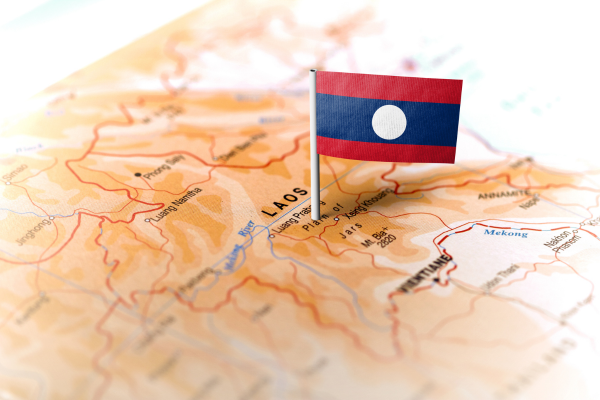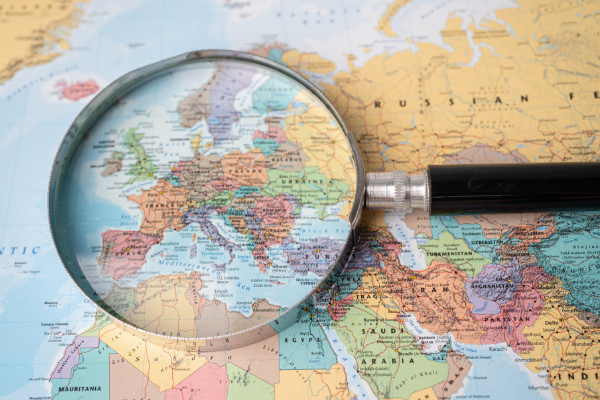
The UK and the Lao People’s Democratic Republic (LDPR) have agreed to a memorandum of understanding (MOU). The MOU emphasises the parties' commitment to the obligations under the UN Framework and the Paris Agreement and their cooperation in decarbonising economic activities.
On Friday 26 July 2024, the Rt Hon Mr David Lammy, Secretary of State for the Foreign Commonwealth and Development Office and His Excellency Mr Saleumxay Kommasith, Deputy Prime Minister and Minister of Foreign Affairs signed a Memorandum of Understanding (MoU) during their bilateral meeting at National Convention Centre where the ASEAN Foreign Ministers’ Meetings took place, formalising bilateral cooperation to promote decarbonisation of economic activities of mutual interest and to support climate-risk based decision making, job creation, and strengthen community resilience.
The agreement is expected to offer potential opportunities for trade in goods and technology as LDPR works to fulfil its obligations on carbon reduction. The commitment to open markets and transparency in regulations could help boost the UK’s growing trade with the country, which is not yet a market on the radar for many UK exporters.
The MOU identifies four critical areas for cooperation:
- Energy transition
- Adaptation and resilience
- Carbon markets and sustainable finance
- Urban planning and green transport
LDPR is situated in Southeast Asia on the Indochinese Peninsula. The country has a population of 7.8 million and is the world’s 137th largest economy. Total trade between the two countries was £111 million in the four quarters to the end of Q1 2024. UK exports were heavily biased to services, which saw a 90% increase in 2023. Barely 0.5% of LDPR’s imports are from the UK.
The UK and LDPR do not currently have a preferential trade agreement. As the LDPR is a member of the World Trade Organization, trade between these countries is on Most Favoured Nation (MFN) terms.
Full details of the MOU are available at UK and Laos sign Memorandum of Understanding on the Green Economy Framework - GOV.UK (www.gov.uk)
If you are interested in exploring this topic further, you might find it worthwhile to consider the training courses and live clinics offered by Strong & Herd LLP:

Focus On: Understanding Free Trade Agreements
With the UK developing new independent trade arrangements both to encourage the export and import of goods and services from affiliated markets, this session is a must. Some knowledge of customs regulations is recommended or attendance on courses introducing this topic. This course looks at the structure of new and old UK international trade agreements, the key rules of origin and how to understand the whole agreement covering goods, services and other trade issues.

Understanding Origin & Preference
What is the difference between origin and preferential origin? This interactive workshop explains this by using case studies and exercises to help the learner understand when they are important in both export and import scenarios. It examines the documents and statements used to declare origin and preference and how to verify if your goods meet preference rules across different trade agreements. With HMRC audits increasing, you and the business need to be comfortable with this complex area.
OneCall™ Email assistance as and when required; A one-call solution for all your import, export and customs enquiries. Export help. Import help. Customs help.
Stay informed about customs and international trade matters by subscribing to our OneCall™ service. This comprehensive offering includes a dedicated email helpline for support, timely practical updates direct to your inbox (Did You Know?), monthly UK Customs & Trade Briefings and access to an interactive members' area with an exclusive community for our subscribers.
International Trade Updates & Spotlight Newsletter
Subscribe to our free information emails covering international trade topics...
MORE INDUSTRY INSIGHTS...
Strong & Herd LLP









